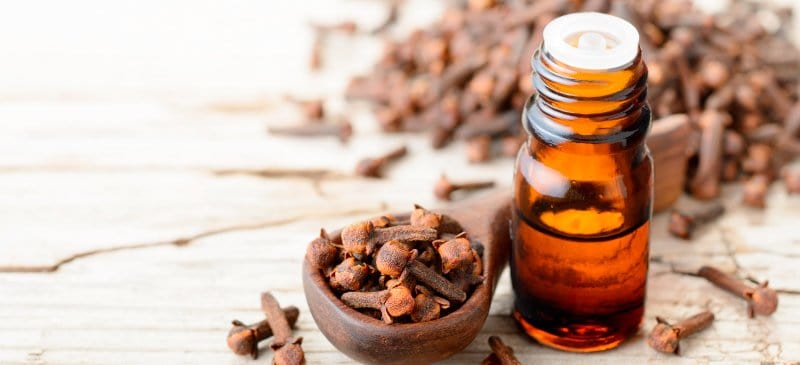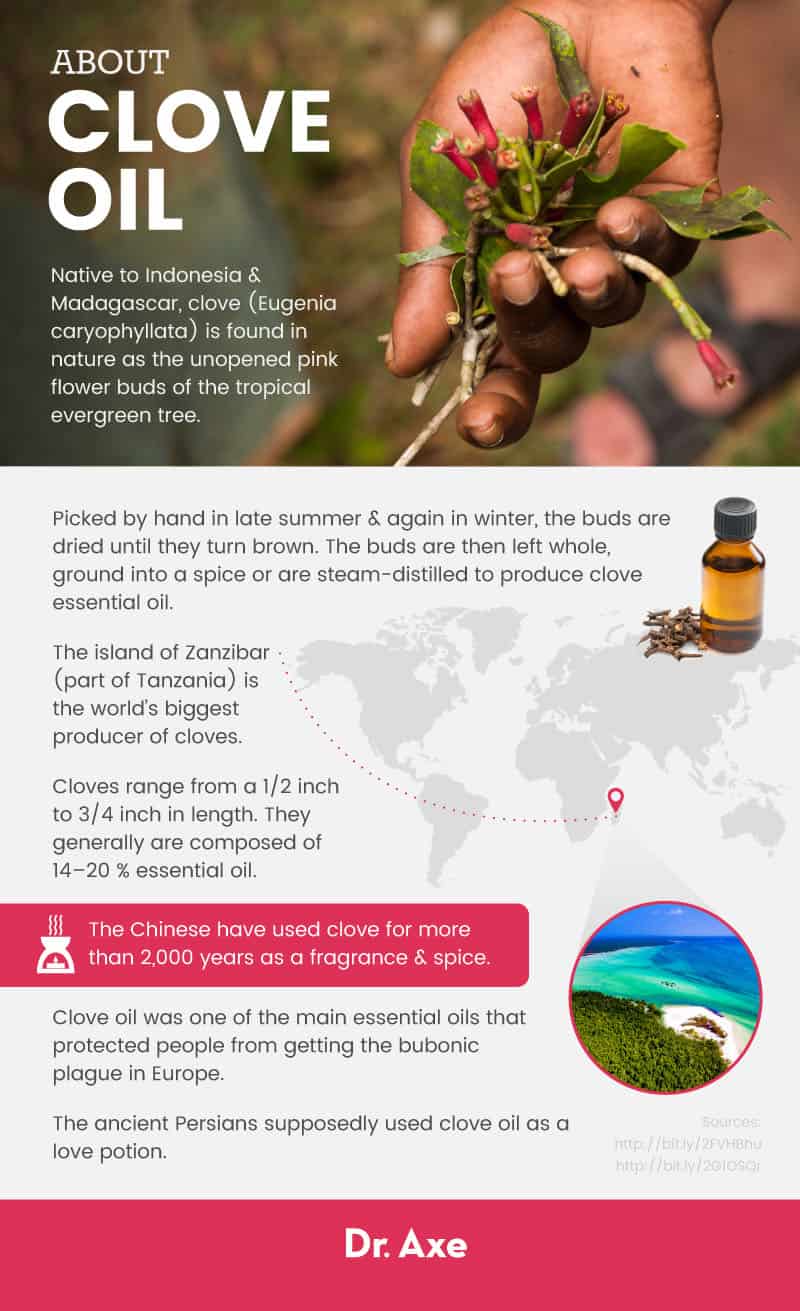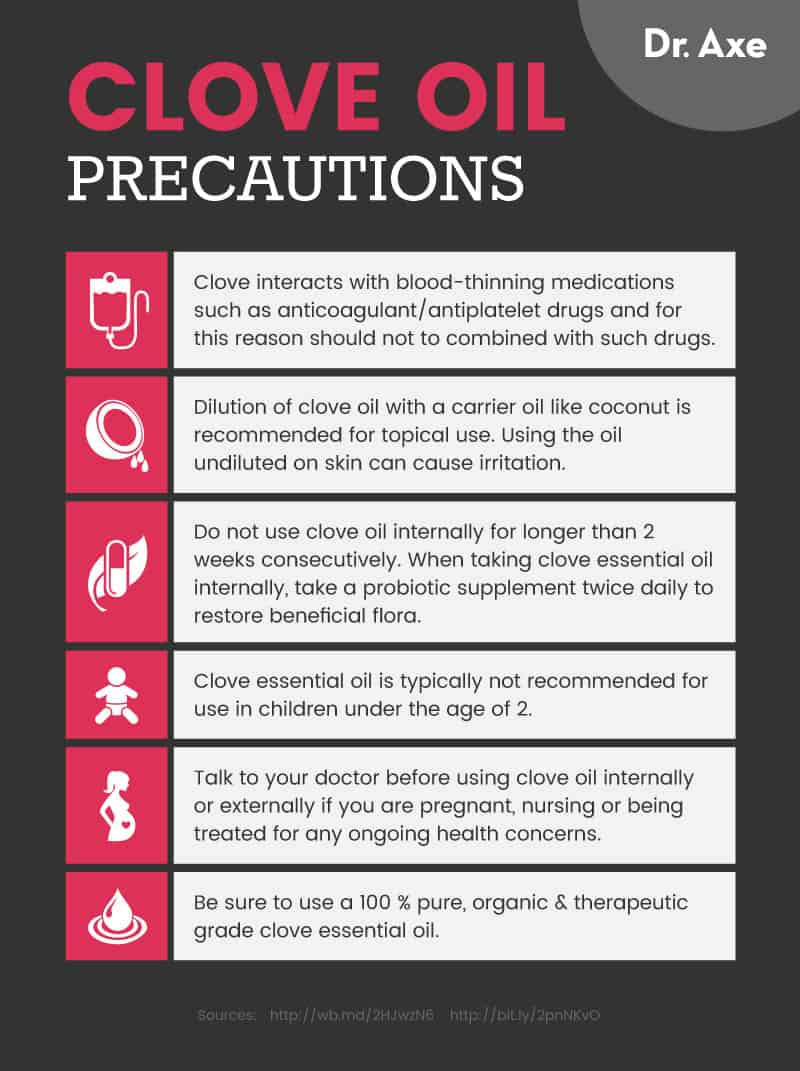This Dr. Axe content is medically reviewed or fact checked to ensure factually accurate information.
With strict editorial sourcing guidelines, we only link to academic research institutions, reputable media sites and, when research is available, medically peer-reviewed studies. Note that the numbers in parentheses (1, 2, etc.) are clickable links to these studies.
The information in our articles is NOT intended to replace a one-on-one relationship with a qualified health care professional and is not intended as medical advice.
This article is based on scientific evidence, written by experts and fact checked by our trained editorial staff. Note that the numbers in parentheses (1, 2, etc.) are clickable links to medically peer-reviewed studies.
Our team includes licensed nutritionists and dietitians, certified health education specialists, as well as certified strength and conditioning specialists, personal trainers and corrective exercise specialists. Our team aims to be not only thorough with its research, but also objective and unbiased.
The information in our articles is NOT intended to replace a one-on-one relationship with a qualified health care professional and is not intended as medical advice.
Clove Oil Uses and Health Benefits — from Toothache to Candida
October 24, 2024

You’re likely familiar with cloves, the popular culinary spice used in everything from main dishes to desserts, but have you ever used clove oil? Clove oil uses range from dulling pain and improving blood circulation to reducing inflammation and acne.
One of the best-known clove oil uses is helping combat dental problems, such as toothaches. Even mainstream toothpaste makers, such as Colgate, agree that this oil has some impressive abilities when it comes to supporting the health of your teeth, gums and mouth.
It’s been shown to act as a natural anti-inflammatory and pain reducer, in addition to having broad-spectrum antimicrobial/cleaning effects that extend to the skin and beyond.

Health benefits
The health benefits of clove oil are vast and include supporting the health of your liver, skin and mouth. Here are some of most common medicinal clove oil uses that are supported by research studies.
1. Helps treat toothaches
Why is clove used to decrease pain and swelling that comes with a toothache?
Eugenol is the ingredient within clove oil that provides pain relief. It’s the major constituent in the aromatic oil extracted from clove, accounting for between 70 percent and 90 percent of its volatile oil.
How can clove oil kill tooth nerve pain? It works by numbing the nerves in your mouth temporarily, lasting for about two to three hours, although it won’t necessarily solve an underlying issue, such as a cavity.
There’s reason to believe that the Chinese have been applying clove as a homeopathic remedy to ease toothache discomfort for more than 2,000 years. While clove used to be ground and applied to the mouth, today clove essential oil is readily available and even more powerful due to its high concentration of eugenol and other compounds.
Clove is widely accepted as a reliable solution for dry socket and relieving the pain and discomfort associated with various dental disorders. The Journal of Dentistry, for instance, published a study that demonstrated that clove essential oil had the same numbing effect as benzocaine, a topical agent commonly used before needle insertion.
Additionally, research have suggested that clove oil has even more benefits for dental health.
Researches in charge of one study evaluated clove’s ability to slow tooth decalcification, or dental erosion, compared to eugenyl-acetate, fluoride and a control group. Not only did clove oil lead the pack by significantly decreasing decalcification, but it was observed that it actually helped remineralize and strengthen teeth.
It may also help inhibit cavity-causing organisms, acting a preventative dental aid.
2. Can combat candida
Another powerful effect of clove essential oil is fighting candida, which is an overgrowth of yeast.
Published in the journal Oral Microbiology & Immunology, a study was conducted to see how clove fared against other antifungal treatments. It was observed that clove was as effective as nystatin, a drug commonly prescribed to manage yeast infections of the mouth (thrush), which can have a slew of ugly side effects.
Also, in addition to eliminating candida, clove essential oil seems to be helpful for killing intestinal parasites.
To do a candida or parasite cleanse, you can take clove oil internally for two weeks. However, it’s best to do this under supervision of a physician or nutritionist (ideally while also consuming large amounts of probiotic-rich foods and/or taking a probiotic supplements).
3. High antioxidant content
Second only to raw sumac bran, ground clove has the astounding ORAC value of 290,283 units. This means that, per gram, clove contains 30 times more antioxidants than blueberries, which have a value of 9,621.
In a nutshell, antioxidants are molecules that reverse the damage caused by free radicals, including cell death and cancer. Research has revealed that antioxidants slow aging, degeneration, and protect the body against bad bacteria and viruses.
4. Digestive aid and ulcer helper
Clove oil uses also extend to treatment of common complaints related to the digestive system, including indigestion, motion sickness, bloating and flatulence (accumulation of gas in the digestive tract).
Research also has demonstrated that clove may be able to help when it comes to ulcer formation in the digestive system, along with helping deal with Helicobacter pylori.
5. Powerful antibacterial
Clove has been shown to naturally combat harmful bacteria that can cause respiratory illnesses and other conditions.
To evaluate its effectiveness as an antibacterial agent, researchers in one study set out to determine which bacteria are most sensitive to clove’s potency. According to their study, clove had the greatest antimicrobial ability over E. coli and also exerted considerable control over Staph aureus, which causes acne, and Pseudomonas aeruginosa, which causes pneumonia.
6. Immune system booster
There’s a good reason why clove oil is included in the Four Thieves Oil Blend. With its potent antibacterial and antiviral abilities, studies have suggested it can help boost the immune system to fight off, or even prevent, the common cold and flu.
Eugenol has been shown to have inhibitory effects on oxidative stress and inflammatory responses, thereby helping defend against chronic diseases. Recent evidence even indicated that clove has potential anticancer properties due to its major active component eugenol.
7. Supports skin health
Scientific research has demonstrated that clove oil has the ability to effectively kill off both the planktonic cells and biofilms of a dangerous bacteria called Staphylococcus aureus (S. aureus).
What does this have to do with skin health and, more specifically, acne? S. aureus is one of several strains of bacteria that has been scientifically linked with the pathogenesis of acne.
It’s also been found to help relieve itching and symptoms related to chronic pruritus, a skin condition that makes you want to scratch.
As a natural remedy to eliminate acne, take three drops clove oil mixed with two teaspoons raw honey. Wash your face with this formula, and then rinse and pat dry.
8. Can help kill infections
How does clove oil kill infections? According to dentists and researchers, it works in some of the following ways.
Eugenol is a natural anesthetic and also has anti-inflammatory properties. It helps reduce swelling and irritation of the gums, decreasing the amount of discomfort you feel when you have dental problems.
Because of its high antioxidant count and eugenol levels, clove is also known as the ultimate “protective” herb that can help defend against free radical damage.
Clove oil has been shown to inhibit gram-negative and gram-positive bacteria as well as yeast. This is noteworthy, especially since gram-negative bacteria are often resistant to antibiotics and other antibacterial interventions.
When it comes to protecting skin, clove has been shown to support tissue remodeling and defend against damage of dermal fibroblasts, in addition to having anticancer effects when used topically.
According to some studies, other active compounds aside from eugenol have also been isolated from cloves that have therapeutic effects, including one called acetyl eugenol. Acetyl eugenol seems to be a “potent platelet inhibitor” in human blood cells.
This means it prevents the clumping together of platelets in the blood, which can contribute to formation of blood clots. Clove is known to act as a natural blood thinner, so much so that it’s not recommended to combine clove oil with other conventional blood thinners.
How to use
Indigenous to Indonesia and Madagascar, clove (Eugenia caryophyllata) can be found in nature as the unopened pink flower buds of the tropical evergreen tree.
Picked by hand in late summer and again in winter, the buds are dried until they turn brown. The buds are then left whole, ground into a spice or are steam-distilled to produce concentrated clove essential oil.
Cloves are generally composed of 14 percent to 20 percent essential oil. The main chemical component of the oil is eugenol, which is also responsible for its strong fragrance.
In addition to its common medicinal uses (especially for oral health), eugenol is also commonly included in mouthwashes and perfumes, and it’s also employed in the creation of vanilla extract.
What is clove oil used for? As you can see, there are many uses for this oil.
Here are some ways to put this oil to use at home:
- Have a toothache? Put a few drops of clove oil with a carrier oil (such as olive/coconut oil) on a cotton swab, and apply directly to the gums around the painful tooth. Let it sit for about five to 10 minutes. If you find the clove oil to be too strong, you can dilute it with more coconut oil or olive oil to help mask the taste.
- How long does clove oil last for toothache? It’s likely effective for about two to three hours. Other ways to help dull pain include using peppermint oil and gargling with warm salt water.
- If you don’t have any clove oil on hand, a whole clove can work well for decreasing toothache pain. Put it in your mouth near the problem area, and let it remain there until you feel some relief. Try not to grind it too much with your teeth, which can taste overwhelming in your mouth.
- Clove has a sweet-spicy, hot and somewhat fruity scent. Consider diffusing this essential oil in your home to clean the air. Diffusing it is an especially helpful method of using this oil for improving immune health and blood pressure.
- Add some to homemade personal care products like deodorant and and toothpaste. It’s also a potent antibacterial ingredient to add to homemade cleaners. If applying to your skin, dilute the oil in an unscented product, such as a lotion or facial cream, and apply in small amounts.
- If you’re exposed to people with a cold or the flu, you can mix it with coconut oil and rub it on your neck and chest for natural antioxidant protection.
- You can also dilute it with coconut oil and apply it to your wrists.
- Clove itself, when used as a spice, can also be added to foods, such as baked goods like pumpkin pie, muffins, etc.
Due to its strength, clove oil should be mixed with a carrier oil like coconut oil or other gentle oils for most topical applications and only used for short periods of up to two weeks internally.
In terms of where to buy clove oil, look for it in health food stores, online, in some pharmacies and in herbal stores. Always make sure you purchase 100 percent pure, organic and therapeutic-grade clove essential oil, especially if you plan to ingest it.
Here are some other interesting facts about clove/clove essential oil:
- The island of Zanzibar (part of Tanzania) is the world’s biggest producer of clove. Other top producers include Indonesia and Madagascar.
- Unlike most other spices, clove can be grown throughout the entire year, which has given native tribes that use it a distinct advantage over other cultures because the health benefits can be enjoyed more readily.
- History tells us that the Chinese have used clove for more than 2,000 years as a fragrance, spice and medicine. Cloves were brought to the Han Dynasty of China from Indonesia as early as 200 BC. Back then, people would hold cloves in their mouths to improve breath odor during audiences with their emperor.
- Clove oil has literally been a lifesaver at certain points in history. It was one of the main essential oils that protected people from getting the bubonic plague in Europe.
- The ancient Persians supposedly used this oil as a love potion.
- Meanwhile, Ayurvedic healers have long used clove to treat digestive issues, fever and respiratory problems.
- In Traditional Chinese Medicine, clove is highly acclaimed for its antifungal and antibacterial abilities.
- Today, clove oil continues to be used in numerous products for health, agricultural and cosmetic purposes.
Risks and side effects
Is clove oil dangerous? While generally safe for most people to use in appropriate amounts, there are some precautions to be aware of.
Using too much can lead to side effects, such as:
- skin irritation
- burning of the mouth, nose or throat
- breathing difficulties
- indigestion
- diarrhea
Rarely, ingestion of high doses can cause liver damage.
Clove is known to slow down blood clotting due to its eugenol content. It may interact with blood-thinning medications, such as anticoagulant/antiplatelet drugs.
To be safe, avoid combining this oil with such drugs.
Dilution of clove oil with a carrier oil like coconut is recommended for topical use. Using the oil undiluted on skin can cause irritation, so avoid directly applying it to skin.
When taking clove oil internally, do not use it for longer than two weeks consecutively. When taking it internally, it’s recommend that you also take a probiotic supplement twice daily to restore beneficial flora.
Clove essential oil is typically not recommended for use with children under the age of 2. Talk to your doctor before using clove oil internally or externally if you are pregnant, nursing or being treated for any ongoing health concerns.

Conclusion
- Clove essential oil is high in antioxidants and has potent anti-inflammatory, antibacterial, antiviral and antifungal properties. This makes it effective for a large variety of common health concerns, including toothaches and candida.
- Clove oil uses include helping manage toothache pain, acne, the common cold, influenza and digestive complaints.
- This oil can be used externally or internally depending on the health concern. Try diffusing clove oil in your home or office.
- Make sure to dilute clove essential oil before using it topically, and don’t take it internally for longer than two weeks at a time. Make sure to also supplement with a probiotic during that time to retain a healthy balance of bacteria since clove oil is such a potent natural remedy.











